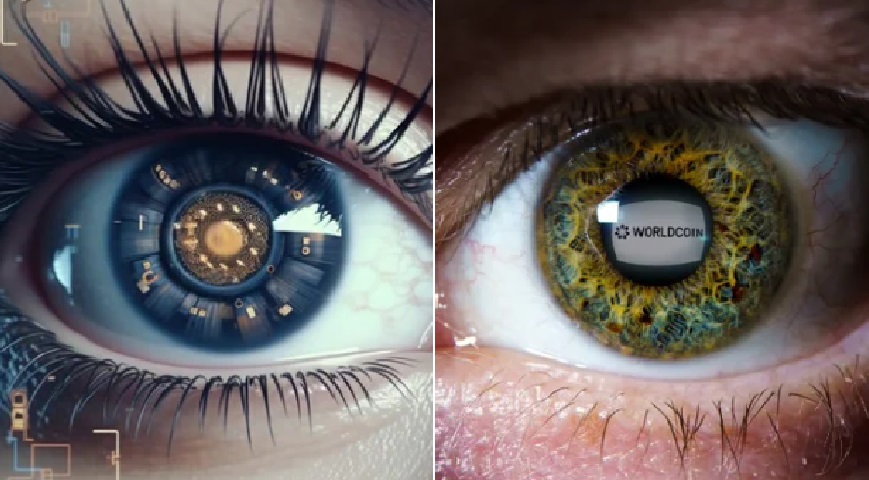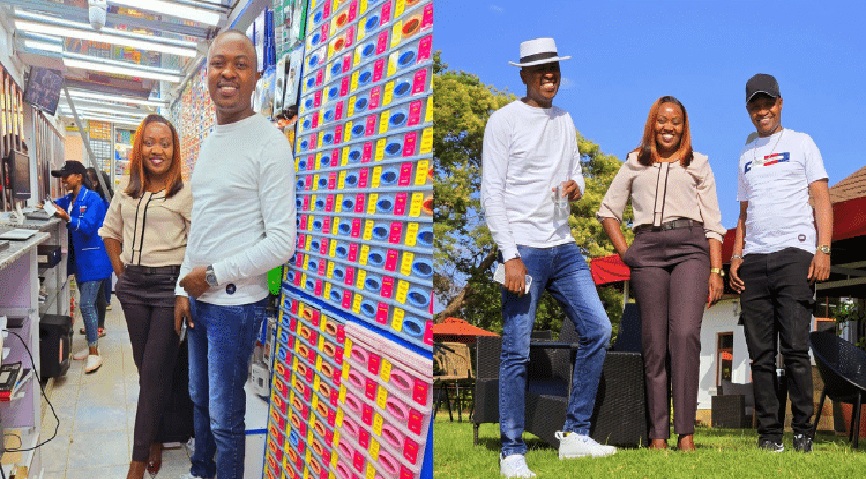On July 24, the cryptocurrency known as Worldcoin was introduced, presenting a unique method for distributing its tokens (WLD) to users. The distribution process involves utilizing specialized machines stationed in 35 countries, including Kenya, which enable users to obtain free tokens by scanning their eyeballs. Once acquired, these WLD tokens can be sent to recognized cryptocurrency exchanges such as Binance, allowing users to engage in the trading and purchase of various other digital currencies.

Worldcoin co-founded by Sam Altman, CEO of OpenAI, and launched with the mission of offering a verified digital identity, complimentary cryptocurrency tokens, and a crypto wallet to individuals globally. Its primary objective is to foster inclusivity and accessibility to digital currency for people worldwide, irrespective of their socio-economic background or availability of conventional banking services. The "proof of personhood" through retinal scans is necessary to verify a user's identity.
According to the company, World ID numbers are stored on a decentralized blockchain and cannot be copied or spoofed in order to create fraudulent identities or commit fraud. In a statement, the Office of the Data Protection Commissioner (ODPC) urged Kenyans to use caution when using Worldcoin and disclosing their personal information.
The ODPC's statement calls for vigilance from the public as they interact with Worldcoin's data-processing activities. Cryptocurrency and privacy advocates fear that Worldcoin's utopian biometric technology proposal has dystopian ramifications that could cause privacy issues and undermine the spirit of anonymity inherent in cryptocurrencies. They contend that the suggestion is a problem looking for a solution.












